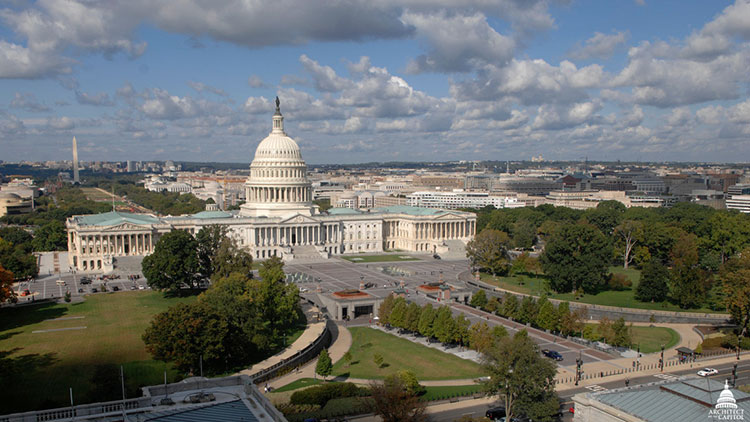NCTA, Others Push for Senate Version of Rural Broadband Funding

The smarter way to stay on top of broadcasting and cable industry. Sign up below
You are now subscribed
Your newsletter sign-up was successful

Cable and telco ISPs have gotten together to lobby for the broadband buildout funding provisions in the Senate version of the "Farm Bill." The Senate and House have each passed versions, now being reconciled in conference.
That came in a letter to Farm Bill conferees from the heads of NCTA-The Internet & Television Association, ITTA-The Voice of America's Broadband Providers, USTelecom and NTCA-The Rural Broadband Association.
Related: Senate Farm Bill Sets new RUS Broadband Finance Standards
They are particularly supportive of the Senate version's better targeting of broadband funding to prevent overbuilding, including where there is already federal funding via the Universal Service Fund broadband subsidies.
Related: NCTA Praises RUS Reforms in Farm Bill
The Senate version requires that areas eligible for Rural Utilities Service broadband buildout funds be at least 90% unserved by high speed broadband, defined as at least 25 Mbps downstream/3 Mbps upstream.
NCTA et al. wrote that the bill "would better protect taxpayer money and direct that money to areas that need it most." They also pointed out that "the standard contained in the Senate Farm Bill is consistent with the standard adopted by Congress for the Consolidated Appropriations Act of 2018 pilot broadband program that will be administered by RUS."
The smarter way to stay on top of broadcasting and cable industry. Sign up below
ISPs have long argued that government broadband funds should go to build out broadband, not overbuild it. Fans of the program argued that some overbuilding was necessary to make the more expensive unserved buildout portions sustainable.
"Private sector investment and various governmental programs play critical complementary roles in advancing and sustaining broadband in rural America," they wrote. "The primary goal of the Farm Bill and other RUS initiatives focused on financing networks should be to close the digital divide by bringing broadband to those
Americans who lack that critical resource today. These efforts should not be undercut by unnecessary and inefficient overbuilding in areas with broadband service or where providers are investing significant capital to deploy broadband in the near term."
Currently, the RUS program only requires 15% of an applicant's targeted service area to be to unserved areas, meaning 85% of the funds could be used to build where there are already up to two providers.
Separately, Republican-backed bills have been introduced in the House and Senate to similarly ensure that government money targeted to subsidize rural broadband, a White House and FCC priority, is not going to overbuild existing service.
Contributing editor John Eggerton has been an editor and/or writer on media regulation, legislation and policy for over four decades, including covering the FCC, FTC, Congress, the major media trade associations, and the federal courts. In addition to Multichannel News and Broadcasting + Cable, his work has appeared in Radio World, TV Technology, TV Fax, This Week in Consumer Electronics, Variety and the Encyclopedia Britannica.

